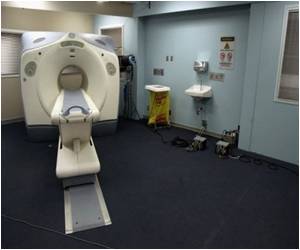Wnt inhibitor called NCB-0846 binds to Traf2- and Nck-interacting kinase (TNIK) in an inactive conformation, which is likely to be essential for Wnt inhibition.

‘Oral administration of Wnt inhibitor called NCB-0846 suppressed various cancer stem cell(CSC) activities of colorectal cancer cells and their expression of CSC markers.’





Therapeutics that can inhibit Wnt signaling can eradicate cancer stem cells and cure the disease. Although there a sufficient data and funds for research and development, no Wnt-inhibiting drug have been incorporated into clinical practice. In previous studies, researchers have examined the components of the T-cell factor-4 (TCF4) and β-catenin transcription complex and identified Traf2- and Nck-interacting kinase (TNIK) as an essential regulatory component of the TCF4/β-catenin complex. TNIK regulates Wnt signaling in the most downstream part of the pathway, and its pharmacological inhibition has been anticipated to block the signal even in colorectal cancer cells with mutation of the APC gene.
Researchers from NCC and Carna Biosciences screened a kinase-focused compound library followed by lead optimizations, leading to the discovery of NCB-0846, which can inhibit the kinase activity of TNIK with an IC50 value of 21 nM. X-ray co-crystal structure analysis performed by RIKEN CLST researchers revealed that NCB-0846 binds to TNIK in an inactive conformation, which is likely to be essential for Wnt inhibition.
NCB-0846 was orally administrable and suppressed the growth of patient-derived colorectal cancer xenografts. NCB-0846 suppressed various CSC activities of colorectal cancer cells and their expression of CSC markers.
"We're very encouraged by our promising preclinical data for NCB-0846, especially considering the difficulty in targeting this pathway to date, and shortly we hope to conduct a clinical trial at the NCC hospitals," said Dr. Tesshi Yamada, the chief of the Division of Chemotherapy and Clinical Research at the NCC Research Institute. NCB-0846 is currently under preclinical development with the aim of Investigational New Drug (IND) filing.
Advertisement














